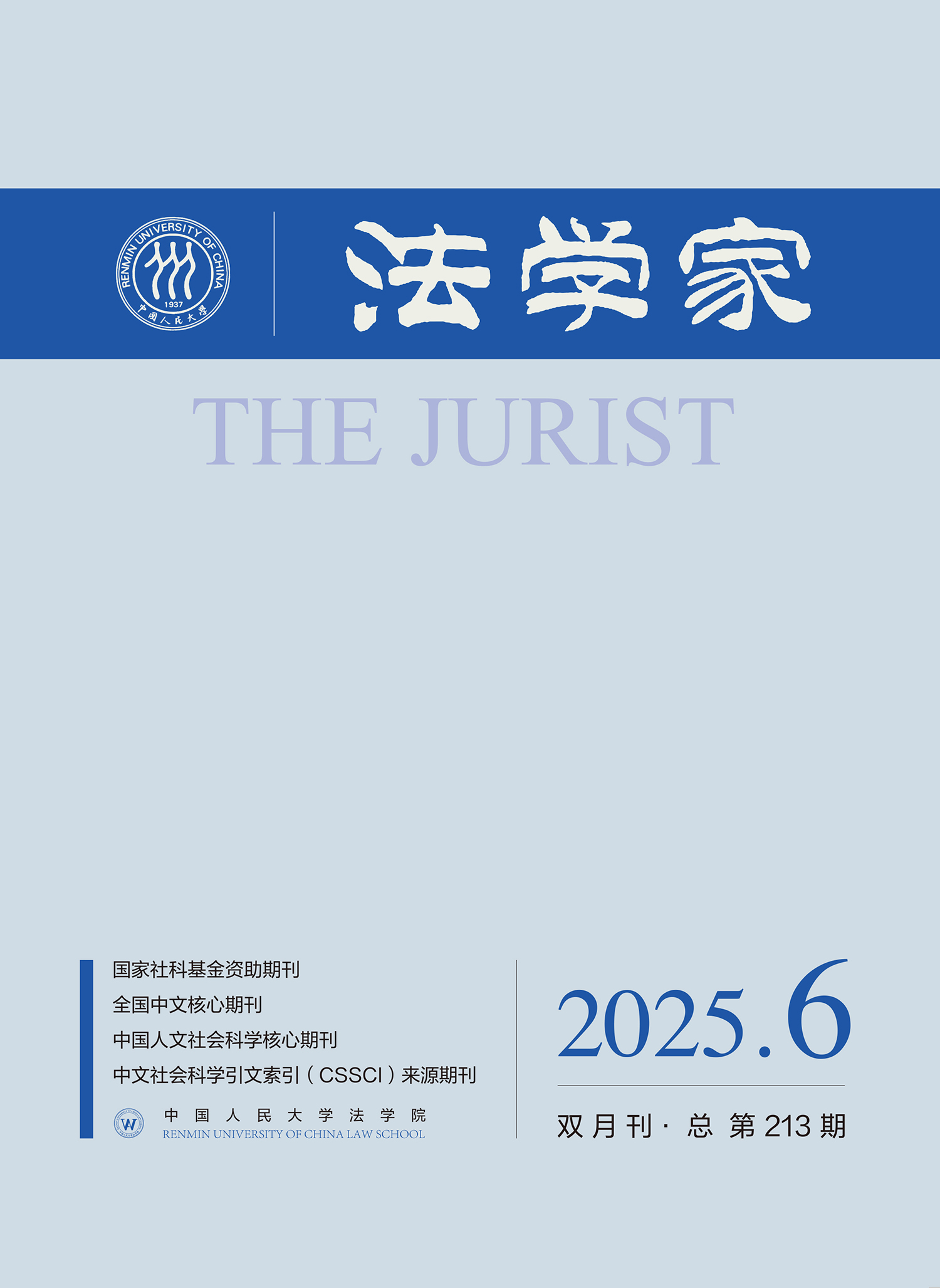LI Yiyi
2025(6): 176-190.
Article 1194 of the Civil Code is a general provision on network infringement.The first sentence of this article is an incomplete primary norm, which needs to be applied in conjunction with other articles, especially Articles 1165 and 1167 of the Civil Code.The second sentence of this article is a reference norm, and the specific law it refers to constitutes a special law in conjunction with the general law in the first sentence.The first sentence of this article, together with Article 1165, forms the basis for the right to claim network infringement damages, with six essential elements: network users or network service providers, infringement committed through the use of the network, infringement of others' civil rights and interests, fault, damage, and causation; the first sentence of this article, together with Article 1167, forms the basis for the preventive right to claim compensation for network infringement, without requiring the existence of fault or damage.In terms of legal consequences, the infringed party may claim compensation for losses such as property infringement, personal infringement, and intellectual property infringement; for infringement of personality rights, the infringed party may also request the elimination of effects, restoration of reputation, and an apology; if the infringement continues, the infringed party may also claim cessation of infringement, removal of obstacles, and elimination of danger.
